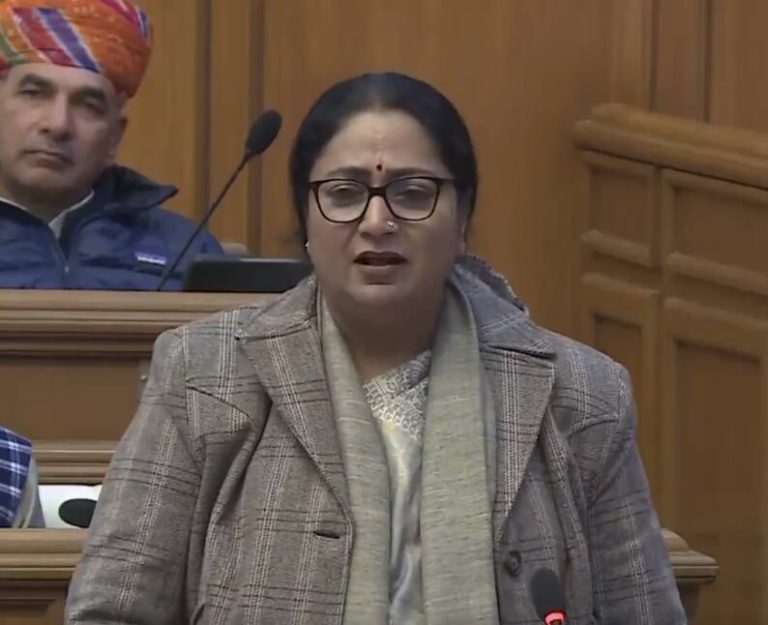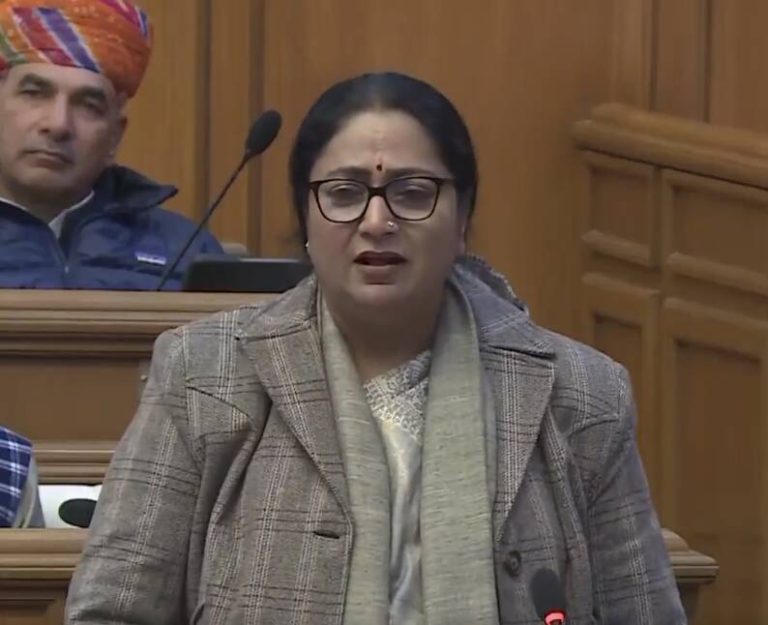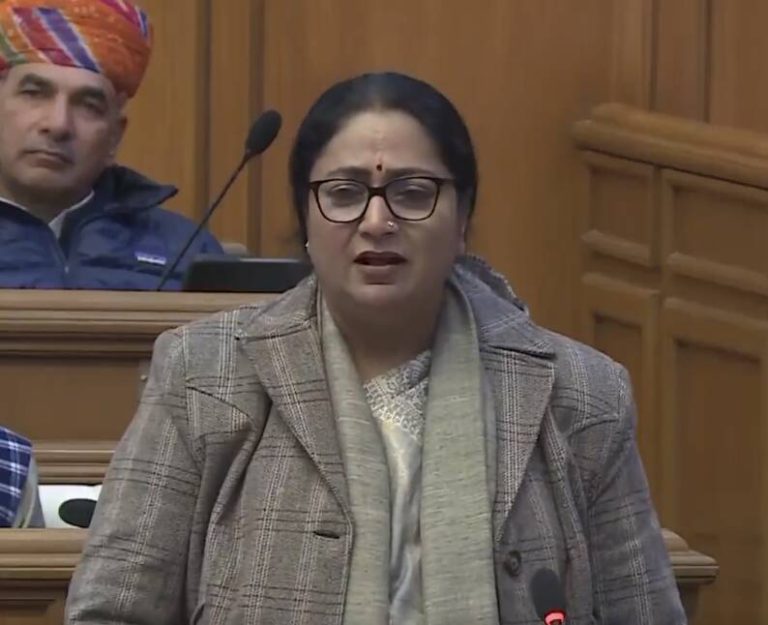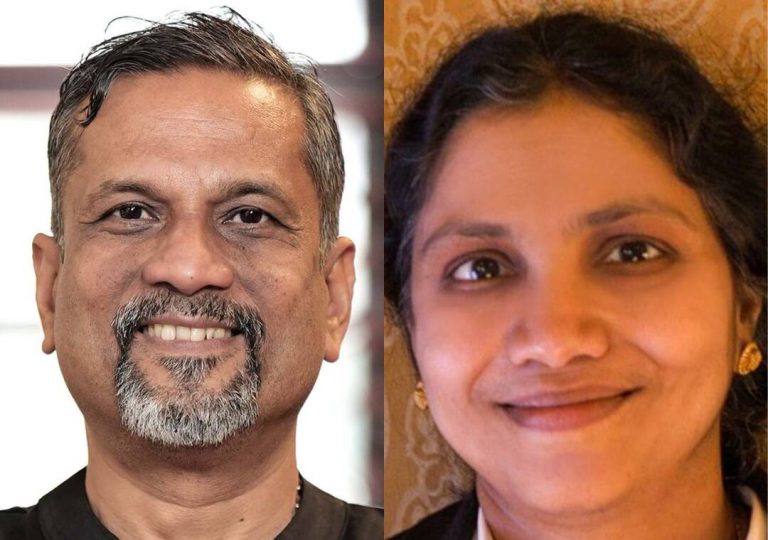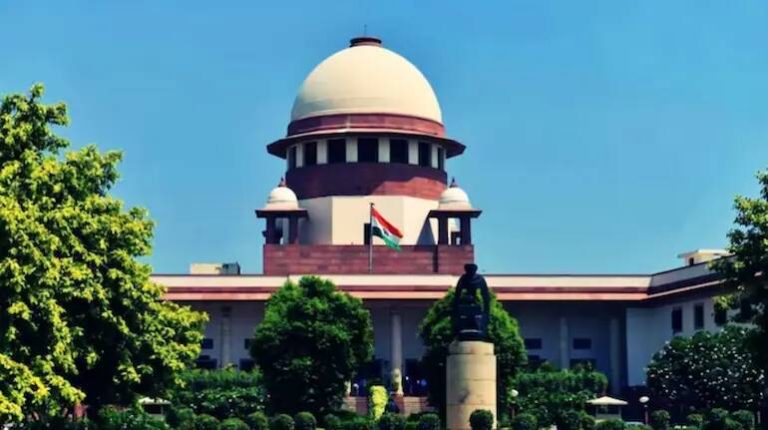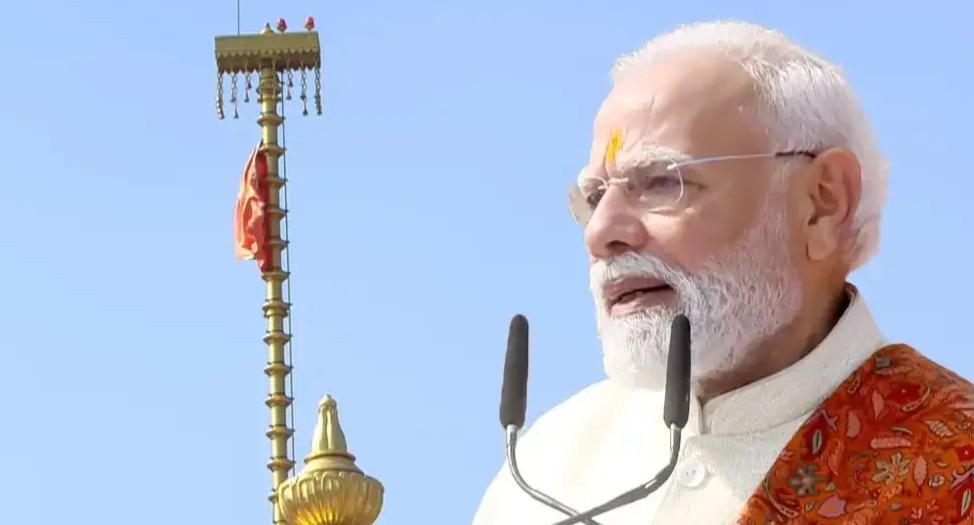
Our Ram Unites Through Emotion, Not Division: PM at Ram Temple
In a historic address at the flag-hoisting ceremony at Ayodhya’s Ram Temple, Prime Minister Narendra Modi emphasized the unifying power of Lord Ram, stating that “Our Ram unites through emotion, not division.” This poignant statement underscored the Prime Minister’s vision for a harmonious and inclusive India, where the principles of unity and compassion guide the nation’s development trajectory.
The Prime Minister’s remarks were made in the context of India’s aspirations to become a developed nation by 2047. He stressed that this vision can only be realized by following the path shown by Lord Ram, who embodies the values of righteousness, selflessness, and devotion. “If India is to become developed by the year 2047, we must walk the path shown by Ram,” he said, highlighting the significance of emulating the ideals of Lord Ram in India’s pursuit of progress and prosperity.
At the heart of the Prime Minister’s message was the importance of keeping the most vulnerable sections of society at the forefront of development efforts. “With this thought, we have kept women, farmers, Dalits, backward classes, and tribals at the centre of development,” he added, emphasizing the need for an inclusive approach to development that prioritizes the welfare of all citizens, particularly those who have been historically marginalized.
The Prime Minister’s emphasis on unity and inclusivity is particularly significant in the context of India’s diverse social fabric. The country is home to a multitude of cultures, languages, and faiths, and its development trajectory must necessarily be guided by a commitment to social cohesion and harmony. By invoking the unifying power of Lord Ram, the Prime Minister sought to remind Indians of their shared heritage and the values that bind them together as a nation.
The Ram Temple in Ayodhya, where the Prime Minister delivered his address, is a potent symbol of India’s rich cultural heritage and its enduring spiritual traditions. The temple’s construction has been a longstanding aspiration of the Hindu community, and its completion is seen as a testament to the power of faith and devotion. By flagging off the ceremony at the temple, the Prime Minister was not only paying homage to Lord Ram but also reaffirming the government’s commitment to preserving and promoting India’s cultural heritage.
The Prime Minister’s remarks on the importance of following the path shown by Lord Ram are also noteworthy in the context of India’s development challenges. The country faces numerous hurdles on its path to becoming a developed nation, including poverty, inequality, and social injustice. However, by emulating the ideals of Lord Ram, who is revered for his compassion, wisdom, and courage, Indians can draw inspiration for overcoming these challenges and building a more just and equitable society.
Furthermore, the Prime Minister’s emphasis on the role of women, farmers, Dalits, backward classes, and tribals in India’s development is a recognition of the critical contribution that these groups can make to the country’s progress. By prioritizing their welfare and empowerment, the government can unlock the vast potential of these communities and create a more inclusive and sustainable model of development.
In conclusion, the Prime Minister’s address at the Ram Temple in Ayodhya was a powerful reminder of the unifying power of Lord Ram and the importance of following his path in India’s pursuit of development and prosperity. By emphasizing the need for unity, inclusivity, and social cohesion, the Prime Minister underscored the government’s commitment to creating a more just and equitable society, where all citizens can thrive and contribute to the nation’s progress. As India strives to become a developed nation by 2047, the principles of Lord Ram will undoubtedly play a vital role in guiding its development trajectory and inspiring its people to work towards a brighter future.
News Source: https://x.com/PTI_News/status/1993214277654921477
